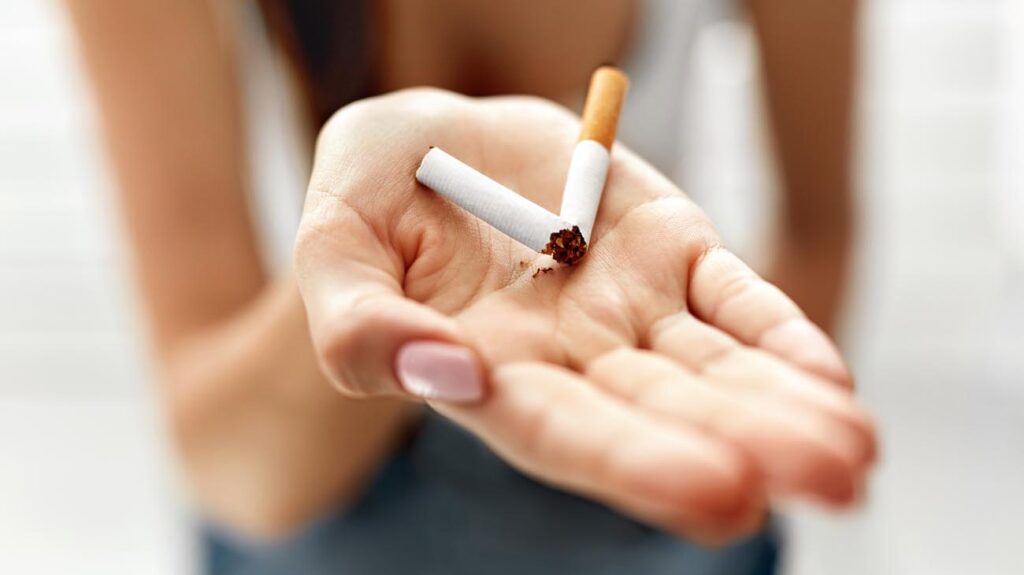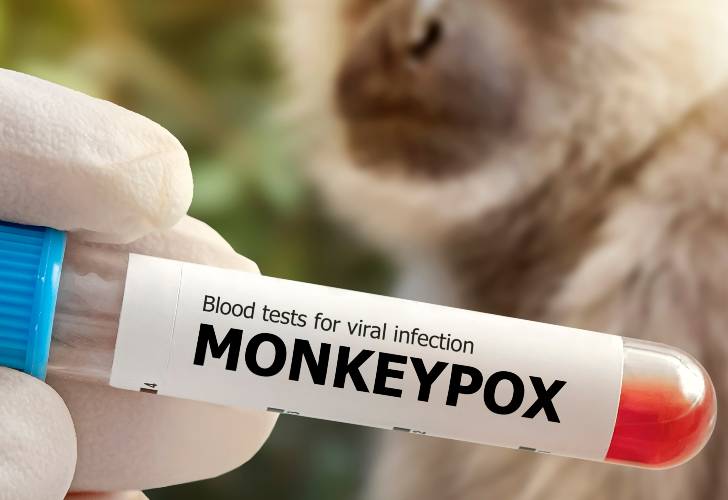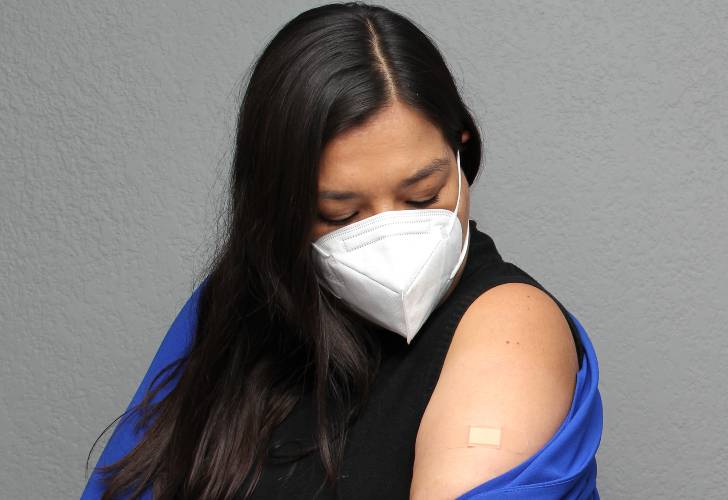
Do your muscles need more flexibility? Stretching is the answer
Stretching was always seen as necessary to warm up the muscles and prepare them for activity, but it is a discipline that can bring many benefits.
Among the leading causes of death among the Hispanic population are cancer, heart disease, and stroke, all possibly caused by tobacco smoking.

Diabetes is another of them and the risk of developing it is between 30 and 40% higher among smokers than among non-smokers.
The good news is that Hispanics, however, still quit smoking at higher rates than other communities.
Quitting smoking has a lot of benefits
First of all, with the threat of Covid-19, it is important to switch to the group of non-smokers since a group of public health experts gathered by the World Health Organization (WHO) on April 29, 2020, established that smokers are more likely to develop severe symptoms in case of COVID-19, compared to non-smokers.
Covid-19 is an infectious disease that primarily attacks the lungs. Smoking impairs lung function, making it harder for the body to fight this and other diseases.
This is the most important action you can take to reduce the risk for cardiovascular disease.
People already diagnosed with coronary heart disease also benefit from quitting smoking.
Quitting smoking after a diagnosis of coronary heart disease:
reduces the risk of premature death.
reduces the risk of death from heart disease,
reduces the risk of having a first heart attack or another heart attack.
Health Benefits of Quitting Smoking Over Time
Over time, people who quit smoking see many benefits to their health.
After you smoke your last cigarette, your body begins a series of positive changes that continue for years.
Reduced risks refer to cessation in comparison to continued smoking.
Time after quitting and health benefits
Minutes Heart rate drops
24 hours Nicotine level in the blood drops to zero
Several days Carbon monoxide level in the blood drops to the level of someone who does not smoke
1 to 12 months Coughing and shortness of breath decrease
1 to 2 years Risk of heart attack drops sharply
3 to 6 years Added risk of coronary heart disease drops by half
5 to 10 years Added risk of cancers of the mouth, throat, and voice box drops by half
Risk of stroke decreases
10 years
The added risk of lung cancer drops by half after 10-15 years
Risk of cancers of the bladder, esophagus, and kidney decreases
15 years
The risk of coronary heart disease drops to close to that of someone who does not smoke
20 years
The risk of cancers of the mouth, throat, and voice box drops to close to that of someone who does not smoke
The risk of pancreatic cancer drops to close to that of someone who does not smoke
The added risk of cervical cancer drops by about half
Sources: WHO
Centers for Disease Control and Prevention

Stretching was always seen as necessary to warm up the muscles and prepare them for activity, but it is a discipline that can bring many benefits.

It is a difficult task for us to face, but once we do it, it translates into many benefits

Monkeypox usually affects people who are in contact with skin lesions or fluids from other people or derived fromanimals.

August is National Immunization Awareness Month, an opportunity to recognize the importance of vaccination and to check if everyone in your family is updated with the immunization schedule.